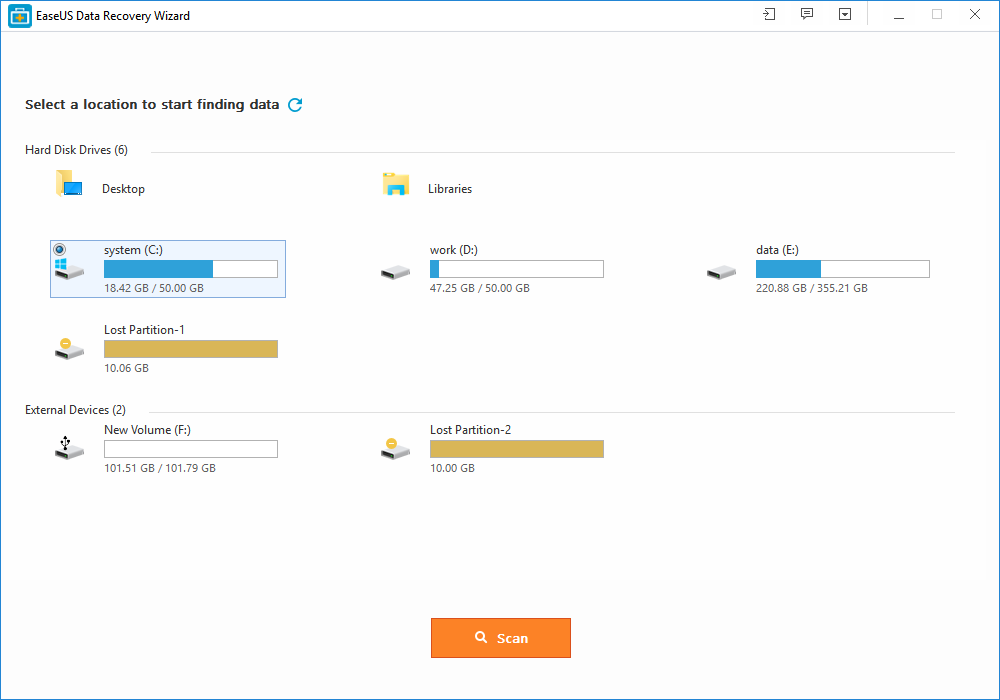In just a few short years, containers have transformed the way software is deployed and managed. The technology offers a packaging mechanism that allows apps to be moved quickly and consistently from one environment to another.
Container orchestration provides a framework for deploying and managing containers at scale. The tools aim to simplify container management and allow developers to use multiple containers within applications. They treat an entire cluster as a single entity and automate all aspects from deployment to health monitoring and the rolling of updates.
There are numerous container orchestration tools available today. Kubernetes and Docker are the most popular options, and according to the RightScale State of the Cloud Report, dominate over 60% of the market.

Here is a quick overview of two container orchestration tools.
Kubernetes vs Docker
Kubernetes vs Docker is a fair comparison but also somewhat of a misconception. The question is not whether you should use Kubernetes or Docker. One isn’t an alternative of the other.
Docker can run with or without Kubernetes while Kubernetes functions alongside Docker. The two are fundamentally different technologies and benefit significantly from each other.
What is Kubernetes?
Kubernetes is an open source container orchestration tool that groups containers into logical units and handles the deployment, scaling, and management of container applications. Launched four years ago, Kubernetes has quickly established itself as the gold standard for container orchestration.
Also known as “K8s”, Kubernetes was initially developed by Google before it was open sourced and moved to the Cloud Native Computing Foundation. The tool automates container orchestration helping improve reliability while also saving developers time and resources.
The Kubernetes engine works with Docker to provide a comprehensive platform that facilitates container management across clusters of hosts.
What is Docker?
Docker is an open-source platform for building and distributing containerized applications. The tool separates applications from the infrastructure and unifies all processes for the swift delivery of software. Primarily designed for Linux, Docker can be installed on any operating system including Windows and MacOS.
How does Kubernetes relate to Docker
Kubernetes and Docker are two different things that are related to each other. While Docker is a comprehensive tool for building, distributing, and running containers, Kubernetes, servers as an orchestrating system for Docker containers.
Although many users opt to pair Docker with Kubernetes container tool, Docker does provide Docker Swarm, its own clustering solution. The platform’s native container orchestrating tool lets you manage a cluster of Docker engines as a single virtual system.
However, Kubernetes has a vast ecosystem and is more complex and extensive than Docker Swarms. The simplicity of Docker Swarms may give it an edge when it comes to user preference, but if you want to run hundreds of containers, Kubernetes is more suited.
Kubernetes allows you to use your existing Docker and container workloads and tackles the complexity issues developers run into when scheduling or moving to scale.
Final word
Kubernetes and Docker are fundamentally different and operate at different levels. They are, however, great allies and can deliver incredible cloud architecture when used together. Both Docker and its native container orchestrating tool offer a simple solution that is easy to use. Kubernetes, on the other hand, has a steeper learning curve and is more suitable for large, complex deployments.







